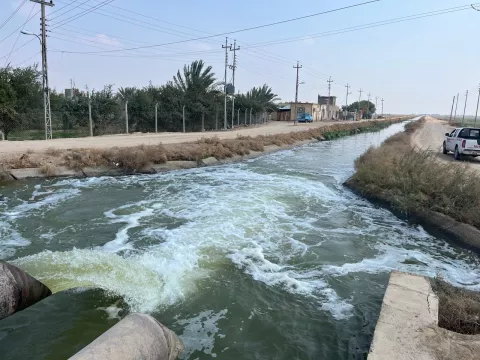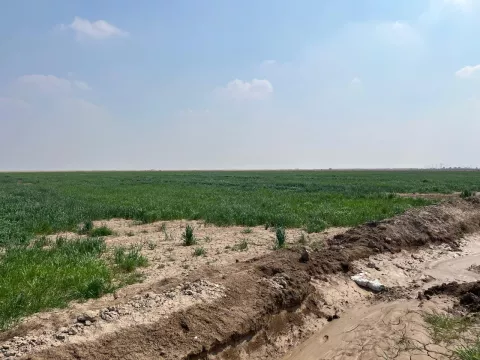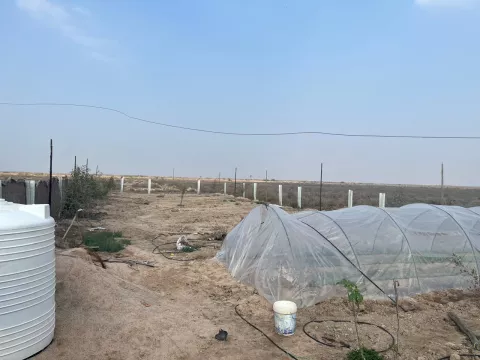Skip to main content
Strengthened multisectoral and transparent water governance at the national level, aligning water use efficiency with socio-economic goals, human rights considerations, and environmental sustainability.
Activities include:
- Developing and delivering training to Ministry of Water Resources staff on models, tools, and concepts related to effective water management.
- Collecting national data on hydrology, water and soil resources, agriculture, and food security made available during recent years.
- Developing a well-calibrated and verified hydrological and hydrodynamic Soil and Water Assessment model.
- Developing an integrated seasonal winter and summer irrigation plan.
- Updating a climate vulnerability analysis framework, consolidating and building upon existing frameworks, and vulnerability of soil and water to salinity.
- Supporting socio-economic human rights and environmental considerations into the national water management plan, presenting scenarios and management options.
- Assessing environmental damage due to agricultural practices and developing plans to reduce the discharge of farm contaminants into water sources.
- Sharing information generated by the Project with the public.
Strengthened participatory and locally led water management practices within Iraq sub-basins, which consider marginalized and vulnerable people, including women and girls.
Activities include:
- Training and capacity building for existing Water User Associations based on tailored revitalization programs.
- Conducting community mapping exercises to understand local water sources, usage patterns, and infrastructure to inform water management plans developed by Water User Associations.
- Developing participatory sustainable water management plans based on the community mapping exercise.
- Supporting the implementation of community-led and shared water conservation initiatives, including establishing three pilot sites within communal lands to showcase soilless farming techniques (e.g., solar-powered hydroponics).
Enhanced adoption of climate-smart agriculture solutions at three pilot sites, which consider marginalized and vulnerable people, including women and girls.
Activities include:
- Training of trainers, Farmer Field Schools, and Field Days to build the capacity of farmers and extension workers on climate-smart agriculture practices.
- Establishing three best practice hubs for piloting demonstrations of stress-resilient cropping systems.
- Establishing local quality seed production for stress-resilient crops through the seed multiplication of suitable varieties/genotypes.
- Organizing events to raise awareness and support for climate-smart agriculture.



